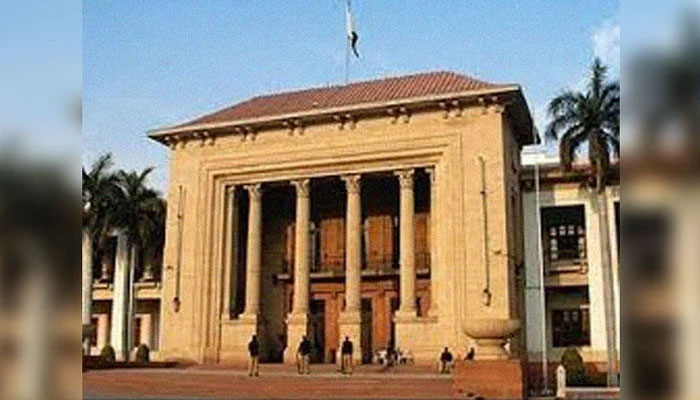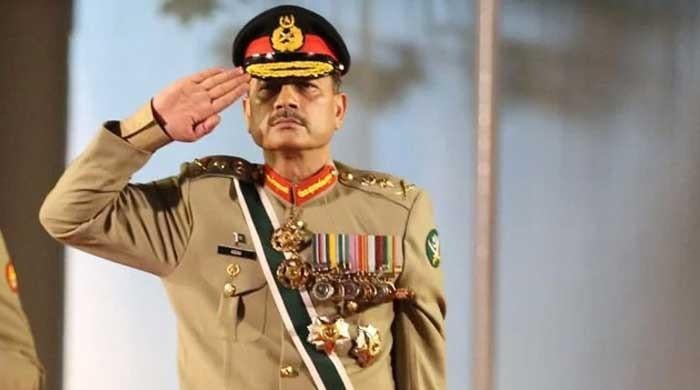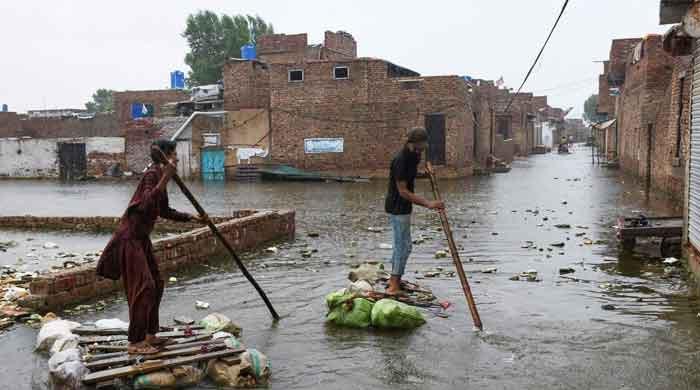Political elite, power struggle and economic crisis
Punjab has been almost in a perpetual state of crisis since April 2022
December 26, 2022

The Lahore High Court has averted another constitutional and administrative crisis in the largest province of Pakistan — but the political crisis is not over yet.
The issue deepened in Punjab after the governor removed Chaudhry Parvez Elahi as CM Punjab; Elahi then approached the LHC against the governor’s notification of his removal.
Unfortunately, the political uncertainty and instability will not end with this interim order of the LHC. Both sides are not ready to back down.
The LHC’s order is a big relief for Elahi as he will get more time in office. He had in any case reluctantly promised to dissolve the Punjab Assembly on December 23 as instructed by Imran Khan. Apparently, Imran had not heeded his advice to delay dissolution till March.
Now it will be a few weeks before Imran can fulfill his desire to dissolve the assembly. This is a time for celebration for the PML-Q as the party will get more time in office without souring relations with the PTI. Whatever the PTI says about this decision, it is certainly a setback for the party which wanted to dissolve the assembly immediately to push its demand for fresh elections.
It is also a win-win for the PML-N and allies as the immediate threat of the dissolution of the assembly is over for now. The PML-N was desperately trying to save the assembly and to delay elections in Punjab. The party still has the option to move a vote of no-confidence whenever it wants to further delay the dissolution of the assembly.
The current crisis was triggered by the announcement of PTI Chairman Imran Khan to dissolve the Punjab and KP assemblies on December 23. As soon as the announcement was made by Imran Khan to dissolve the assembly, the PML-N and allies started to find ways to save the Punjab Assembly.
The PDM and PPP moved the vote of no-confidence in the assembly against the Punjab CM, and the speaker and deputy speaker of the Punjab Assembly. At the same time, the Punjab Governor exercised his powers under clause (7) of Article 130 of the constitution and asked Punjab CM Chaudhry Parvez Elahi to obtain a vote of confidence from the Punjab Assembly on December 20.
The PML-N and PPP leadership believe that Parvez Elahi has lost the majority and will not be able to obtain the majority in the assembly. Their main strategy seems to revolve around the vote of confidence. The PTI leaders are alleging that the PPP and PML-N are trying to change the loyalties of some PTI MPAs.
But Punjab Assembly Speaker Sibtain Khan declared the governor’s notification unconstitutional. In his two-page ruling, Sibtain Khan termed the governor’s orders as “illegal, against the provisions of the constitution”. So the vote of confidence didn’t take place. On this, the governor issued notification to remove the CM Punjab and to dissolve the cabinet. The CM immediately approached the LHC against this notification of his removal.
Punjab has been almost in a perpetual state of crisis since April 2022. The PDM plus PPP and the PTI and PML-Q have been engaged in a constant political battle for the last eight months.
On the one hand, the PML-N and PPP are ready to go to any extent to avoid an immediate election in Punjab. They are not ready to hold early elections even in Punjab. On the other hand, the PTI wants immediate general elections and is ready to do whatever is necessary to force that. So no immediate end to the power struggle seems in sight.
The focus of the federal and provincial governments must be on resolving the problems faced by the people. Instead, their focus is on a power grab and to protect their political and class interests. They have failed to provide the much needed relief to the struggling masses.
The political elite are engaged in a fierce power struggle in the middle of a serious economic crisis. There seems to be a clear disconnect between the needs, demands and aspirations of the people and the political and economic interests of the ruling elite. It seems that the ruling elite is not very keen to solve the basic problems of the working class – like employment, decent housing, health and education.
Politicians on both sides of the aisle are failing the people, who are drowning in poverty, price hikes, and unemployment. The economic crisis has hit the poor and the working class very hard. Their lives have become miserable. But politicians are busy settling scores with each other. The people of Punjab want a clear change in their lives. They want a government that provides relief to them.
Power politics is undermining democratic norms, traditions, and culture. Politics based on money, influence and power with clear disregard to ideology is not going to strengthen democracy.
The writer is a freelance journalist.











